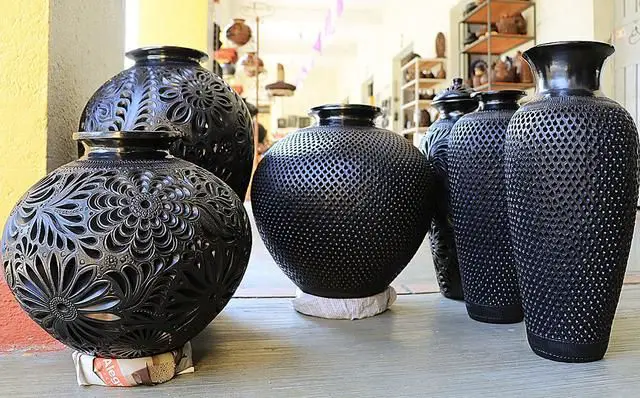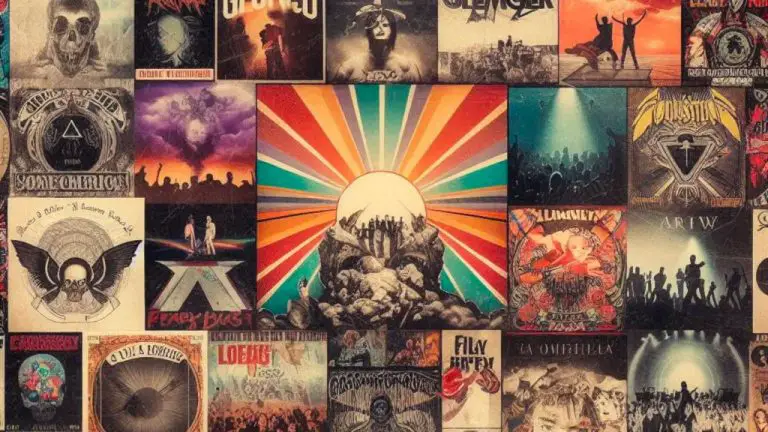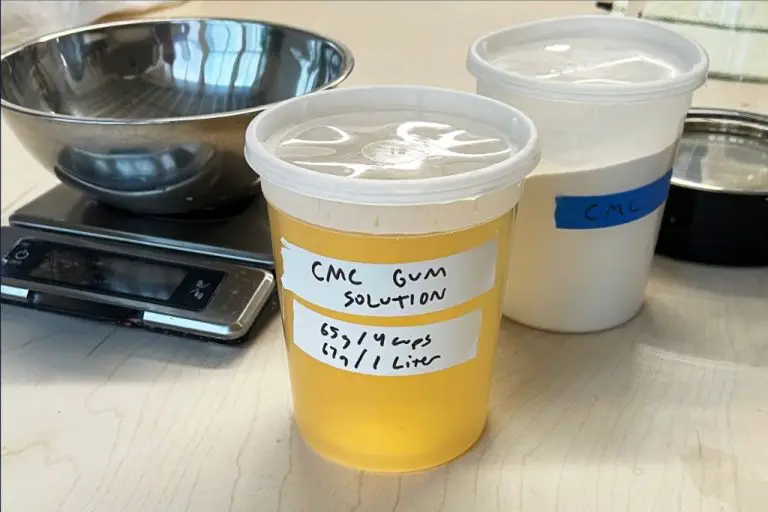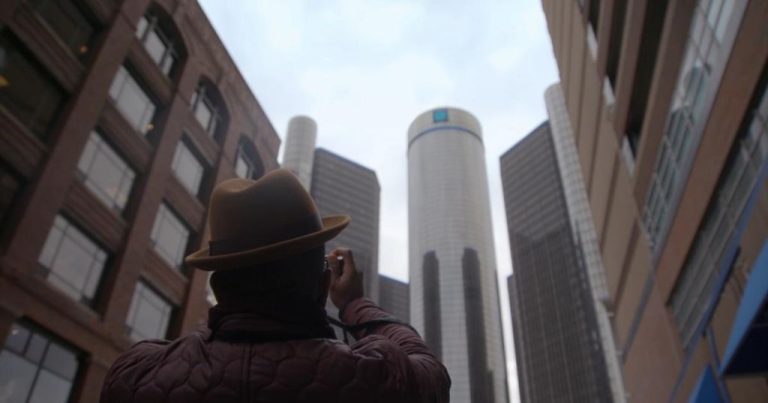Can You Make National Park Merchandise?
National parks are protected and preserved natural areas in the United States. They offer visitors the chance to experience nature and outdoor recreation. The National Park Service oversees over 400 national park sites that receive over 300 million visitors per year (https://www.statista.com/statistics/1174788/national-and-state-park-industry-market-size-us/). To enhance the visitor experience and generate revenue, national parks sell a variety of merchandise including apparel, souvenirs, books, maps, and more. Popular merchandise includes t-shirts, hats, mugs, posters, and stickers featuring park logos and imagery. In 2021, the national park merchandise industry in the US was valued at over $1 billion (https://www.ibisworld.com/united-states/market-research-reports/national-parks-other-nature-institutions-industry/). National park stores play an important role in creating meaningful keepsakes for visitors while also supporting the parks financially.
Legality
Making and selling merchandise featuring names, logos, or images associated with national parks without a license is technically illegal in the United States. The National Park Service holds trademarks on park names, logos, and certain phrases associated with national parks. According to the NPS website, “The arrowhead symbol and the name ‘National Park Service’ are protected by federal statute against unauthorized use for commercial purposes.”
While park names themselves cannot be copyrighted, they are trademarked by the NPS. This means that using a park name on commercial merchandise requires permission from the National Park Service. Simply making merchandise featuring park names, without any official logos or images, still infringes on NPS trademarks.
Section 18 U.S.C. § 701 specifically prohibits the unauthorized use of names, symbols, emblems or insignias of federal agencies like the National Park Service. Violators may face fines and even criminal penalties. So while there is no single copyright covering all national parks, the NPS does have extensive legal protections for intellectual property associated with national parks.
Sources:
https://www.nps.gov/aboutus/disclaimer.htm
Are National Parks designs okay, or should I avoid them due to trademarks?
byu/whalesnaileatingkale inAmazonMerch
Copyright and Trademarks
The names and logos of some national parks are trademarked and restricted use. According to the National Park Service (NPS) Disclaimer, the Arrowhead symbol is the official insignia and registered trademark of the NPS. The names of iconic parks like Yellowstone and Yosemite are also trademarked.
This means you cannot freely use the names or logos of trademarked parks on merchandise without permission. However, the names and logos of many less famous parks are not trademarked. It’s best to do a trademark search for each specific park you want to reference to see if it’s protected.
In summary, some but not all national park names and logos are protected trademarks. Do your research before using any park references on merchandise.
Licensing
To legally use national park trademarks and names on merchandise, you need to obtain a license from the National Park Service.
The National Park Service has a licensing program that allows vendors to apply for licenses to use official park logos, images, and word marks on commercial products. This helps ensure proper use of park intellectual property and generates funds to support the national parks.
According to the National Park Service, simply making merchandise with a park name on it requires a license, even if you don’t use any official logos or images. As they stated: “Regarding park names, it is our position that all commercial uses of park and program names require licensing” (source).
So if you want to legally produce national park t-shirts, mugs, or other merchandise, you’ll need to apply for a license through the NPS licensing program. There are fees involved, and the NPS reviews all applications to ensure proper use of their intellectual property. Unlicensed use can potentially lead to legal action.
Alternatives
There are ways to make merchandise featuring public lands without infringing on trademarks. According to this Reddit post, using generic phrases like “mountain scene” or “forest vista” instead of specific park names may be an option. Focusing designs on unprotected natural features, scenery, or wildlife rather than protected names and logos is recommended.
Some sellers opt for state park designs rather than national parks, since state park trademarks tend to be less stringent. Promoting lesser-known public lands also avoids trademark issues in many cases. Ultimately creativity is key – coming up with original designs featuring nature themes and landscapes without directly using protected names or branding.
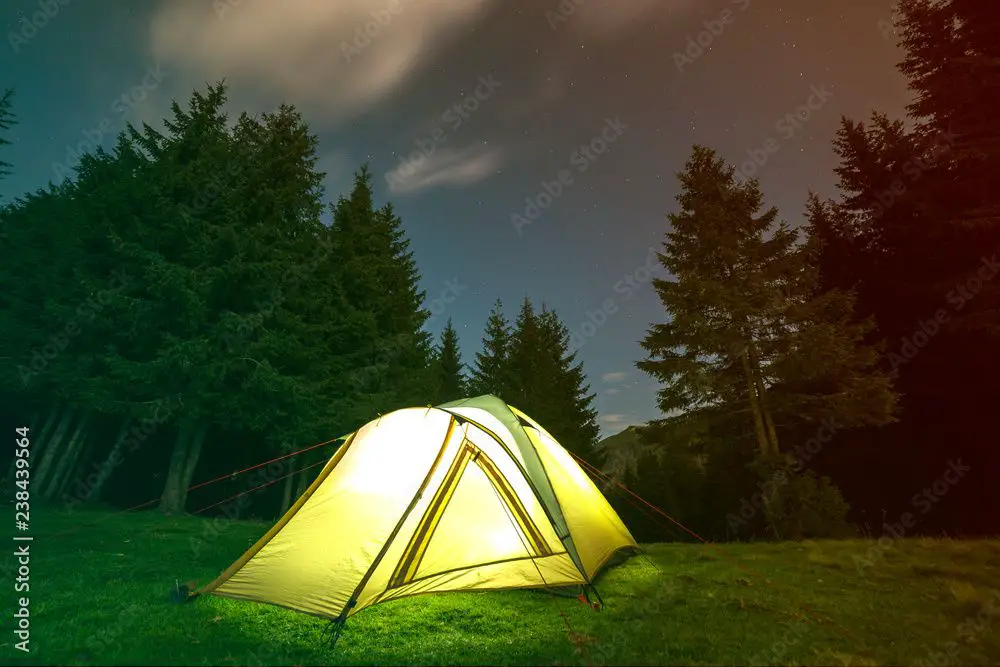
Materials
When making national park merchandise, it’s important to source sustainable and ethical materials. Many popular national park brands like Parks Project focus on using recycled, organic, and ethically-sourced materials in their products. This includes using organic cotton, recycled polyester, reclaimed wood, recycled aluminum/tin, and responsibly-sourced leather. According to the National Park Service’s article on sustainability, reducing waste through the use of sustainable materials is a key practice for national parks.
Some specific material recommendations when designing national park merchandise:
- Organic cotton for t-shirts and other apparel.
- Recycled polyester made from plastic bottles is a good option too.
- Look for FSC-certified woods for any wood products.
- Reclaimed/recycled metals like tin or aluminum for drinkware.
- Vegetable-tanned leather from ethically-sourced hides.
Choosing the most sustainable and ethical materials possible for manufacturing national park merchandise is important not only for reducing environmental impact, but also for building brand trust with national park visitors who value sustainability.
Manufacturing
When manufacturing national park merchandise, it’s important to consider ethical and environmentally-friendly production methods. Many major clothing brands have come under scrutiny for unethical labor practices or environmentally harmful manufacturing techniques. As a small business looking to produce national park apparel and goods sustainably, you’ll want to prioritize worker safety, fair wages, and reduced environmental impact.
Some ideas for ethical manufacturing include using organic cotton or recycled polyester materials, working with small manufacturers instead of large factories, ensuring fair labor standards, minimizing packaging waste, and shipping items efficiently to reduce carbon emissions. It’s also wise to research the environmental and social impact of different textiles and production methods when deciding on your supply chain and materials.
For example, brands like The Landmark Project focus on sustainable materials like organic cotton and recycled polyester. Establishing relationships with ethical manufacturers, asking questions about worker treatment and emissions, and inspecting factories can help ensure high standards. While ethical production may cost more upfront, the investment pays off through environmental benefits, social impact, and customer goodwill.
Marketing
Marketing unlicensed national park-inspired merchandise can be challenging since you legally cannot use trademarked names, logos, or images. However, there are effective strategies to promote your products without infringing on park trademarks.
Focus your marketing on the style, theme, or aesthetic of national parks rather than directly mentioning specific park names. You can describe products as adventure-themed, outdoorsy, or inspired by nature without violating trademarks. Emphasize durability for hiking and camping rather than a connection to particular parks.
Utilize social media platforms like Instagram and Pinterest by curating visually appealing content around national park themes. Show your products used in rugged outdoor settings without denoting actual park locations. Hashtags like #findyourpark, #nationalparkstyle, and #parklife can attract your target audience. Just avoid using official park hashtags.
Consider targeting online marketplaces like Etsy and eBay where shoppers seek handmade, vintage, and novelty items. Describe your products with phrases like vintage national park style and retro outdoors aesthetic. Promote the uniqueness and specialness of your handcrafted goods.
Run targeted ads on Facebook and Instagram featuring your products in outdoor environments, without explicitly mentioning national parks. Geotarget near popular park locations. Just ensure your copy and creatives do not violate park trademarks.
With creative marketing focused on national park themes and aesthetics rather than specific park names and logos, you can successfully promote unlicensed, park-inspired merchandise.
Etsy & Other Platforms
Selling national park-inspired merchandise on Etsy and other ecommerce platforms is a popular way for artists and designers to profit from their park-themed creations without obtaining an official license. While you cannot use trademarked names, logos, or exact images, you can take inspiration from the parks to design your own original products.
For example, you could create stained glass artwork or apparel featuring custom illustrations of park scenery and wildlife. As long as your designs are your own interpretations and do not copy protected trademarks or images, it should be permissible to sell them online.
Be sure to familiarize yourself with each platform’s policies regarding copyright/trademark issues. Etsy, for instance, prohibits items that infringe on others’ intellectual property rights. As long as your merchandise is original and not explicitly mimicking copyrighted material, you should be able to successfully market park-inspired goods on these sites.
With a little creativity, you can produce merchandise that evokes the beauty, wildlife, and adventure of America’s national parks while still steering clear of legal issues. Focus on originality and your own artistic vision rather than trying to copy or counterfeit official park merchandise.
Conclusions
In summary, while it is legally permissible to create and sell your own merchandise inspired by the national parks, there are some important caveats. The intellectual property rights related to the parks, including copyrights and trademarks, must be respected. Avoid directly copying or closely imitating any names, logos, or even iconic features that you do not have permission to use. Focus instead on your own creative designs that express your appreciation for the parks without infringing on existing rights. When in doubt, it is safest and most ethical to create merchandise showcasing natural features, landscapes, or wildlife themed around national parks generically rather than any specific, named park. With care and creativity, it’s possible to legally make and market national park merchandise that captures the essence and appeal of these treasured public lands.
The national parks represent some of America’s most beloved landscapes and have inspired artists and creators for generations. Making your own merchandise is a great way to share that passion, just be sure to do so respectfully by avoiding unauthorized use of existing intellectual property. If you focus on originality and quality, national park-themed merchandise can be a fulfilling creative endeavor as well as a potential business opportunity.

